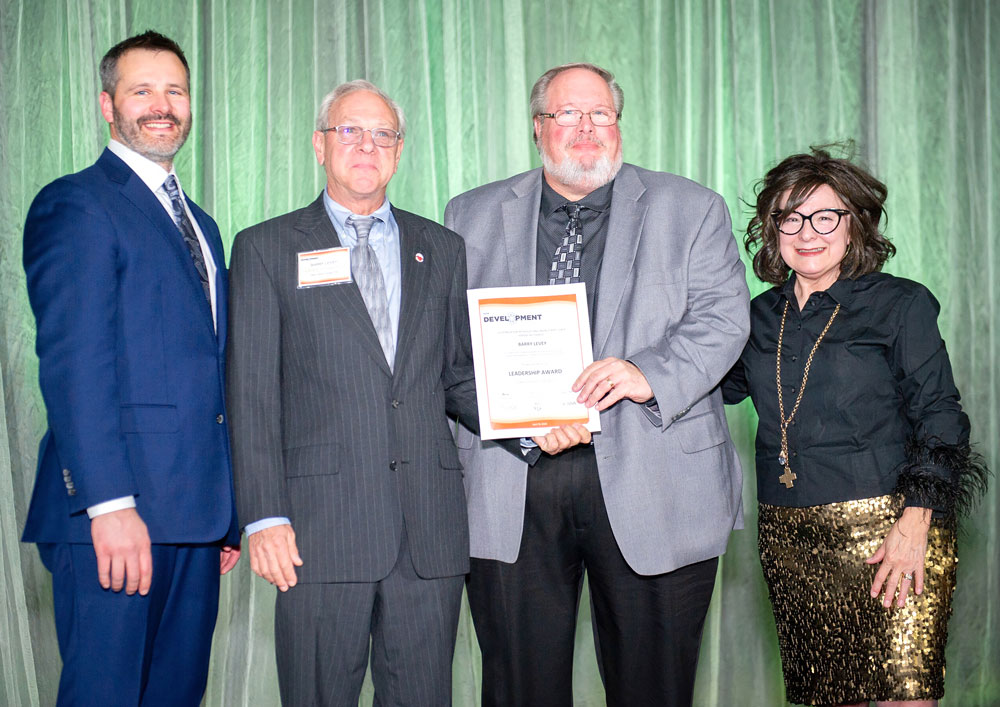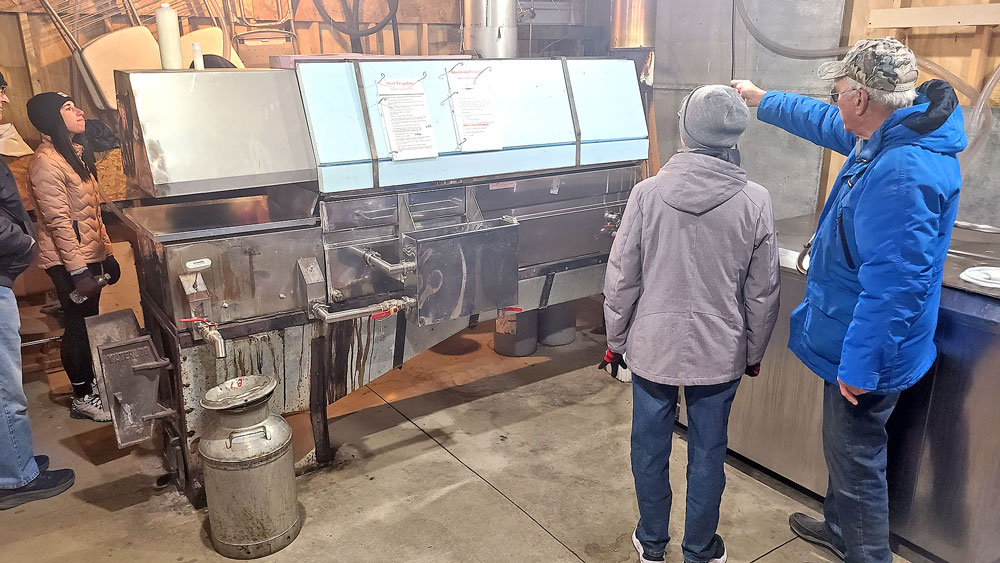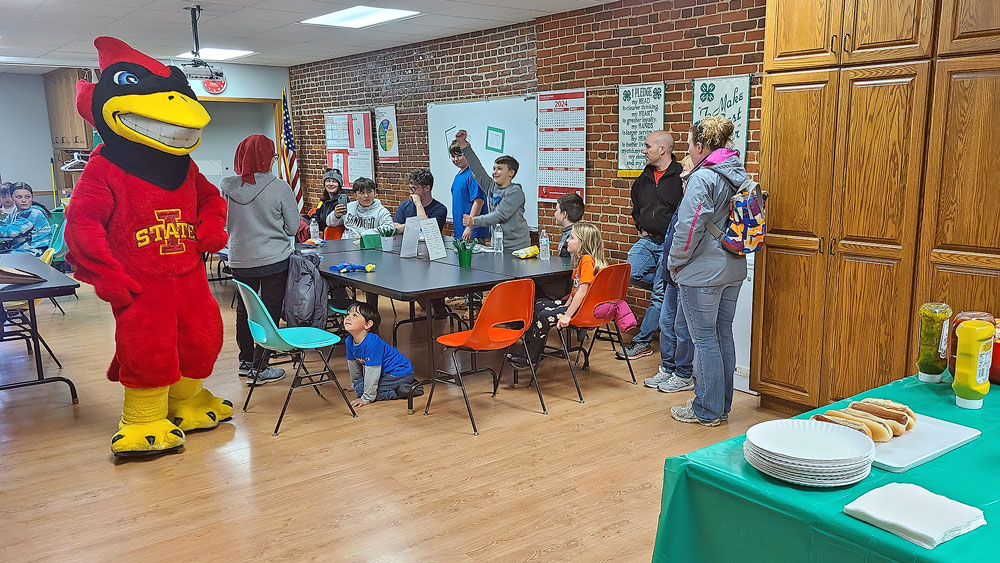Trump, Cruz leave other GOP candidates in the dust
QUINNIPIAC UNIVERSITY POLL
Trump, Cruz leave other GOP candidates in the dust
By QUINNIPIAC UNIVERSITY
Donald Trump, with 28 percent, and Sen. Ted Cruz of Texas, with 27 percent, are running neck-and-neck among Iowa likely Republican Caucus participants, with twice the support of U.S. Sen. Marco Rubio of Florida, in third place with 14 percent, according to a Quinnipiac University poll released Monday. Dr. Ben Carson has 10 percent, with no other candidate above 5 percent. This compares to the results of a Nov. 24 survey by the independent Quinnipiac University showing Trump at 25 percent, with 23 percent for Cruz, 18 percent for Carson and 13 percent for Rubio.
Today, 3 percent are undecided, but 53 percent of those who name a candidate say they might change their mind.
Among Iowa Republican Caucus-goers, 30 percent say they “would definitely not support” Trump, with 23 percent who would not support former Florida Gov. Jeb Bush.
“The tie at the top of the Iowa Republican Caucus reflects a change in priorities among voters. The last time Quinnipiac University polled, the economy was the top issue. Now it is terrorism, a subject on which Donald Trump gets the highest rating of any of the candidates,” said Peter A. Brown, assistant director of the Quinnipiac University Poll.
“With seven weeks to go until the voting, whether Trump or Sen. Ted Cruz or any of the other candidates prevails will likely be determined by which candidate has the best turnout operation – a subject about which everyone likes to speculate but is not measurable until caucus night Feb. 1.
“One good sign for Sen. Cruz in his battle with Trump is that voters view him much more favorably than Trump, meaning that the Texas lawmaker may have a higher potential upside.”
“Dr. Ben Carson, who was on top by eight percentage points in Quinnipiac University’s Oct. 22 survey, is in fourth place today, with just 10 percent of the vote,” Brown added. “Cruz appears to be the main beneficiary of Dr. Carson’s apparent collapse.”
Terrorism is the most important issue for 30 percent of Iowa likely Republican Caucus participants in deciding their vote, as 21 percent list the economy and jobs; 13 percent say foreign policy and 11 percent cite immigration. Terrorism replaces the economy and jobs, listed as the top concern by 24 percent of GOP Caucus-goers Nov. 24.
Trump can best handle terrorism, 33 percent of Republicans say, with 24 percent picking Cruz and 9 percent picking Rubio. Trump is also best handling the economy, 45 percent of GOP Caucus participants say, with 17 percent for Cruz and 8 percent for Rubio.
Cruz is best on foreign policy, 27 percent of Republicans say, with 19 percent for Trump and 13 percent for Rubio.
Trump is best on illegal immigration, 43 percent of GOP Caucus-goers say, with 21 percent for Cruz and 14 percent for Rubio.
Cruz has a 72-18 percent favorability rating, with Trump at 55-39 percent, Rubio at 71-18 percent and Carson at 74-20 percent.
Rubio would have a good chance of defeating the Democratic nominee in the general election, 66 percent of likely Republican Caucus participants say, while 65 percent say Cruz has a good chance of winning and 64 percent say Trump has a good chance. Republicans are split 49-47 percent on whether Carson has a good chance of beating the Democratic nominee.
Homegrown jihadists pose a greater threat to the U.S., 50 percent of Republicans say, while 25 percent most fear terrorists among Syrian refugees and 17 percent most fear radicalized foreign visitors.
Republican Caucus-goers support 61 – 33 percent banning people on the U.S. terrorist watch list from purchasing guns.
From December 4-13, Quinnipiac University surveyed 874 Iowa likely Republican Caucus participants with a margin of error of +/- 3.3 percentage points. Live interviewers call land lines and cell phones.
The Quinnipiac University Poll, directed by Douglas Schwartz, Ph.D., conducts public opinion surveys in Pennsylvania, New York, New Jersey, Connecticut, Florida, Ohio, Virginia, Iowa, Colorado and the nation as a public service and for research.









Social Share